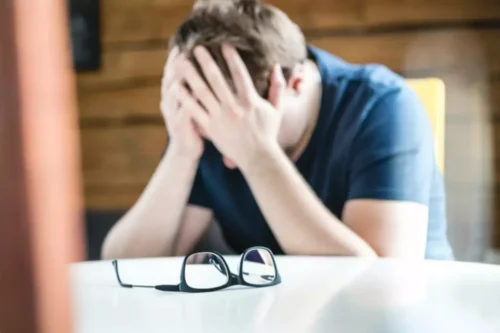
In severe cases of dehydration, drinking water alone may be insufficient. If you are dehydrated to the point that you are experiencing symptoms like weakness or loss of consciousness, you may need intravenous (IV) fluids administered in a healthcare setting. The higher the alcohol content, the more dehydrating the drink will be. A heavy alcoholic drink like whiskey, brandy, or rum can dehydrate you more than lighter drinks.
The Truth About Alcohol and Dehydration
Dehydration occurs when the body loses more fluids than it takes in, and alcohol can exacerbate this by increasing urine production and interfering with the body’s ability to retain water. Excessive urination from drinking alcohol causes your body to lose electrolytes, which are important minerals involved in many bodily functions, including nervous system function (4). Alcohol works as a diuretic in your body, increasing urine output.
Does Alcohol Dehydrate You? Here’s What You Need to Know
With less vasopressin in your system, the body excretes more water, which in turn causes you to pee more (2). A hangover is a collection of symptoms that you experience as a result of the effects alcohol has on your body. Dehydration, toxic chemicals, fluid and electrolyte imbalances, and more can all contribute to the development of a hangover. Euphoria, relaxation, and other physical and mental changes are the result of alcohol’s impact on your central nervous system.
How much alcohol does it take to dehydrate you?
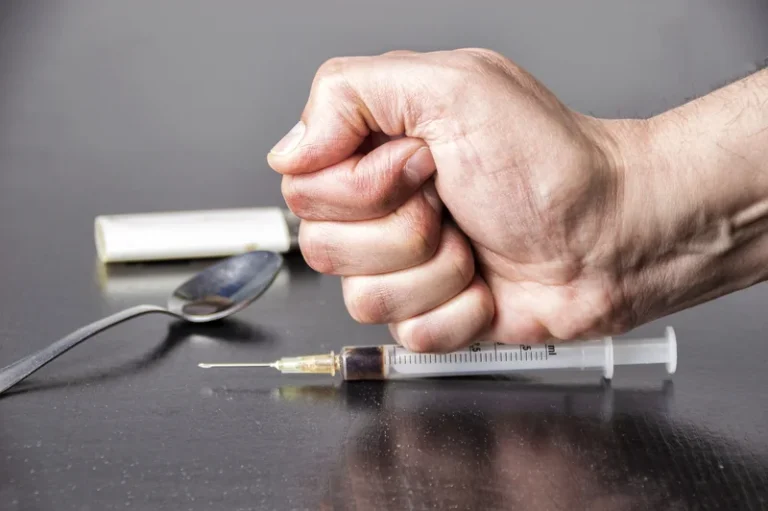
Clear what is Oxford House spirits like vodka and gin go through rigorous distillation process to remove impurities and they contain fewer additives. ‘Cocktails are usually packed with sugar, additives and colourings, which can trigger spots and impact your complexion (when consumed in excess),’ shares Phillips. Besides, non-alcoholic drink options have never been better – I stock up on Saicho and Fortnum & Mason’s Sparkling Tea every December – driven by an increasingly sober-curious society. Adding fruits and vegetables to your daily menu is also key to helping you stay hydrated. Fruits and vegetables contain lots of water, so feel free to munch on that slice of watermelon or whip up a smoothie for a quick and tasty way to replenish lost fluids.
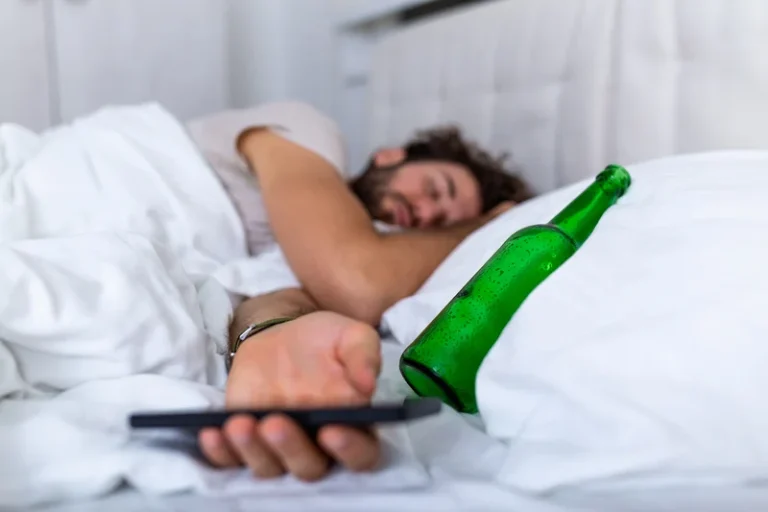
What Type of Alcohol Dehydrates You The Least?
Unlike water and electrolytes, these essential ingredients are not always readily https://ecosoberhouse.com/ available for consumption during a night out. That’s why integrating Jelly IV into your routine can be highly beneficial. Jelly IV’s Pregame Chaser contains a proprietary electrolyte blend (Simag), DHM, artichoke extract, taurine, L-glutathione, barley grass extract, and a B complex, all of which are quickly absorbed by the body. This formula is designed to promote hydration and restore the body’s fluid balance. By incorporating Jelly IV into your night-out routine, you can reduce the severity of hangovers, combat dehydration, and support overall wellness, ensuring you feel refreshed the next day. One of the most common pieces of advice given during a night out is to drink plenty of water to avoid a headache the next day.
Type and amount of alcohol consumed:
Dehydration occurs when the water content of the body is too low. With interrupted production of vasopressin due to the consumption of alcohol, you start to lose more water through urination, which can cause those symptoms of dehydration. And while the non-alcoholic fluids in beer, wine, and liquor are inherently hydrating, they’re not necessarily hydrating enough to offset the effects of alcohol-induced dehydration. “It’s important to replenish fluids after drinking, or better yet, while drinking,” Sternlicht says. Unless you’re a fan of dry mouth, nausea and hangover headaches, you’ll likely do anything to avoid alcohol dehydration symptoms..
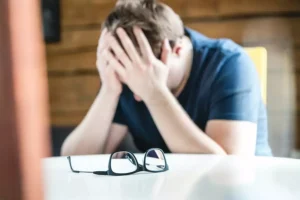
What’s the Least Dehydrating Alcohol?
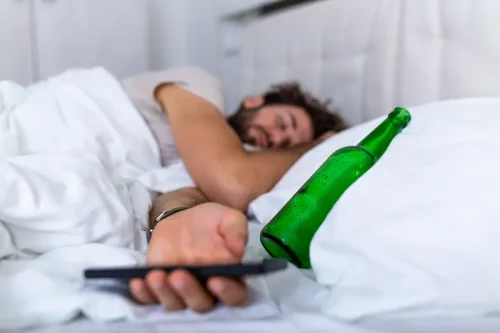
The amount of alcohol you consume will influence the symptoms you experience. Most hard liquors have high alcohol content; the alcohol by volume (ABV) of liquor is around 40%. You’re likely to urinate 100 mL more for every standard drink you consume (10 mL of alcohol). If you binge drink, you’ll likely lose 500 to 1,000 mL of fluids, causing dehydration. Chronic heavy drinking can result in high blood pressure, which is a leading cause of kidney disease. It can also weaken immunity, increasing a person’s risk of infections.
- Dehydration can lead to feelings of fatigue and weakness, which can impair physical and mental performance, impacting everyday activities such as work and exercise.
- Electrolytes are minerals in the body that help regulate fluid balance.
- “ADH helps your kidneys hold onto water. The less ADH, the more you urinate. The more you urinate, the more dehydrated you become.”
- You’ve no doubt noticed that when you drink, you have to pee more.
- The more you drink in a single setting, the more dehydrated you will become.
Symptoms of dehydration
This process leads to what is known as the alcohol dehydration reaction, where essential fluids are pulled from the body at a faster rate than normal. In simple terms, alcohol prevents the body from retaining fluids effectively, even if water is consumed alongside it. Drinking plenty of water before, during, and after alcohol consumption will help to replenish the fluids lost and reduce the severity of dehydration symptoms.

How to Rehydrate After Drinking
Symptoms of alcohol dehydration include headaches, fatigue, nausea, and an overall feeling of weakness. Furthermore, alcohol consumption can increase the frequency of urination, causing the body to lose more electrolytes. This can further disrupt the delicate balance of electrolytes in the body, potentially leading to symptoms of dehydration. However, if a person has a beer, wine, or other alcoholic beverage, certain things can be done to avoid dehydration. Drinking water before, during, and after alcohol consumption can help prevent dehydration. Water can help replace lost fluids, maintain does red wine dehydrate you electrolyte balance, and aid kidney function.







